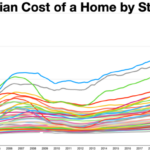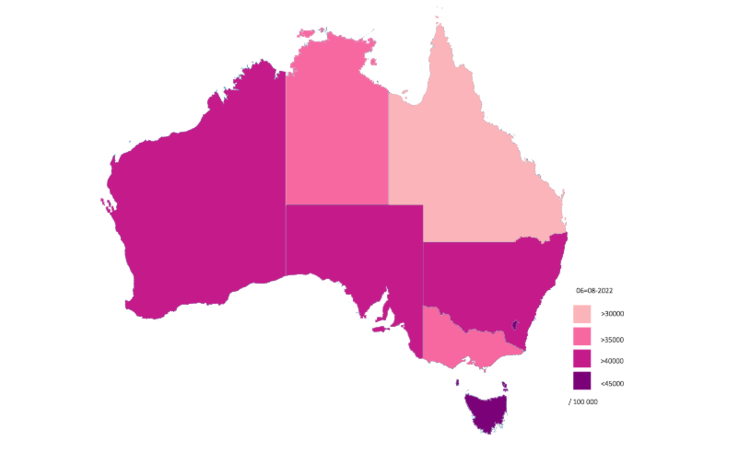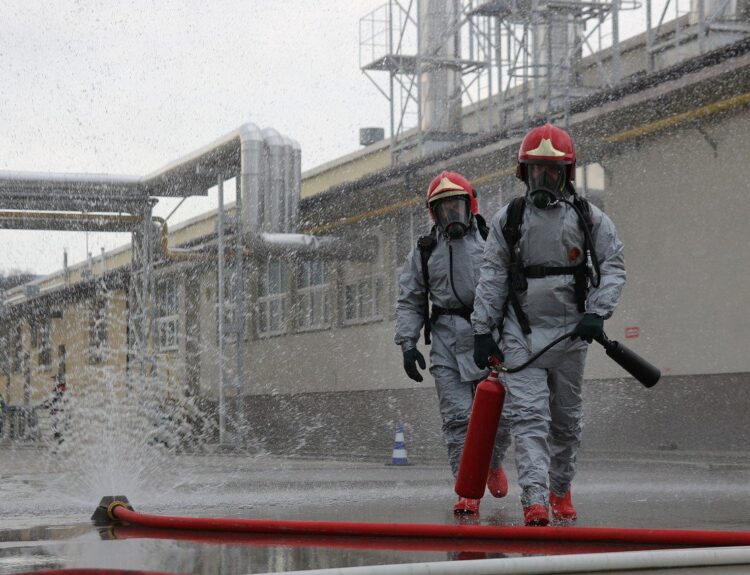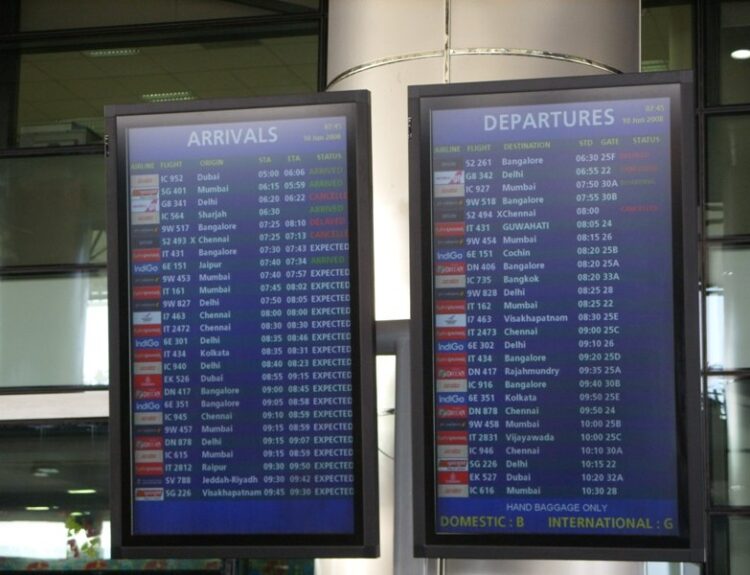Investors beware: The UNG fund may not be as valuable as it seems
- United States Natural Gas Fund has fallen 27% this year
- Natural gas prices have dropped due to warm winter and oversupply
- Transition period between March and April futures contracts is risky
- UNG fund holds futures contracts that need to be rolled over
- Contango pattern in natural gas trading affects the fund’s performance
The United States Natural Gas Fund (UNG), an ETF tracking natural gas prices, has experienced a significant decline of 27% this year. Despite the growing importance of natural gas as an energy source worldwide, the fund’s performance has been disappointing. The drop in natural gas prices can be attributed to a warm winter and oversupply, resulting in a surplus of natural gas in storage. This oversupply has led to a decrease in demand and a subsequent decrease in prices. The transition period between March and April futures contracts is particularly challenging for traders. This period, known as "the widow-maker," has historically caused substantial losses for traders. Additionally, the illogical trading pattern of natural gas contracts during this time further complicates the situation. Natural gas being delivered in March, a month with typically high heating demand, is selling for less money than natural gas being delivered in April, a month with lower heating demand. The UNG fund faces the challenge of holding futures contracts that need to be rolled over to the following month before they expire. This process is costly due to the contango pattern in natural gas trading, where future months’ prices are higher than the current month’s price. As a result, the fund must sell cheaper contracts to buy more expensive ones, leading to potential losses for investors. It is important for investors to understand the risks associated with the UNG fund. The fund has been described as a "disaster investment" due to the collapse in natural gas prices and the costs associated with rolling over futures contracts. Additionally, the fund charges a management fee of over 1%, further impacting potential returns. There is an alternative fund, the United States 12 Month Natural Gas Fund LP (UNL), designed to mitigate the effects of contango. However, UNG remains more popular, holding $738 million in assets compared to UNL’s $13 million. In conclusion, the United States Natural Gas Fund (UNG) poses significant risks for investors amidst falling natural gas prices. The fund’s reliance on futures contracts and the contango pattern in natural gas trading make it a risky investment choice. Investors should carefully consider these factors before investing in the UNG fund.
Factuality Level: 3
Factuality Justification: The article provides some relevant information about the United States Natural Gas Fund and the factors affecting natural gas prices. However, it contains unnecessary details, tangential information, and some opinions presented as facts. The article also lacks depth and context in some areas, making it less informative and objective.
Noise Level: 3
Noise Justification: The article provides a detailed analysis of the United States Natural Gas Fund, discussing its performance, risks, and comparison with other funds. It offers insights into the reasons behind the fall in natural gas prices and the challenges faced by investors. The article includes expert opinions and explanations to support its claims, making it informative and relevant to investors interested in natural gas investments.
Financial Relevance: Yes
Financial Markets Impacted: The article discusses the United States Natural Gas Fund (UNG) and its impact on investors, particularly novice investors, due to the fund’s risky nature and the current state of natural gas prices.
Presence Of Extreme Event: No
Nature Of Extreme Event: No
Impact Rating Of The Extreme Event: No
Rating Justification: The article focuses on the financial implications of investing in the United States Natural Gas Fund and the risks associated with the fund rather than describing any extreme events.
Public Companies: United States Natural Gas Fund (UNG)
Key People: Robert Yawger (Director of Energy Futures at Mizuho Securities), Rick Bensignor (Founder of Bensignor Investment Strategies), John Love (President and CEO of USCF Investments)
Reported publicly:
 www.marketwatch.com
www.marketwatch.com 





